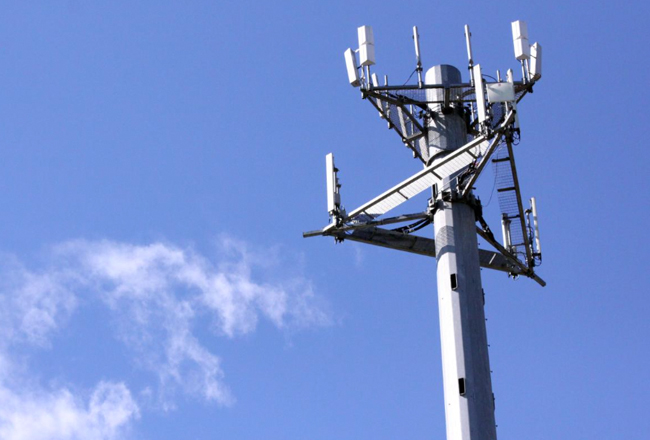Verizon sues Philipstown for permits to build new cell tower
Spotty wireless communication coverage around Philipstown is not just a matter of convenience for the 9,600 inhabitants of the Putnam County town, Verizon Wireless says, it is a critical communications gap along the heavily traveled Routes 9 and 301 corridors.
So when town officials rejected Verizon”™s proposals to move cell tower equipment to a higher spot, the company sued Philipstown in U.S. District Court in White Plains.
 Verizon and its contractor, Homeland Towers of Danbury, Connecticut, claim that federal telecommunications law trumps local law when it comes to the nation”™s wireless infrastructure.
Verizon and its contractor, Homeland Towers of Danbury, Connecticut, claim that federal telecommunications law trumps local law when it comes to the nation”™s wireless infrastructure.
The lawsuit, filed last month, names the town board, zoning board of appeals, conservation board, building inspector Greg Wunner and natural resources review officer Max Garfinkle.
A town official did not immediately respond to a request for comment.
Verizon operates a 120-foot cell tower at McKeels Corners where the topography obstructs the signal. So Verizon wants to relocate equipment to 50 Vineyard Road, where it would erect a 180-foot pole and include antennas for North Highlands Engine Co. No. 1 and at least three other wireless carriers.
Last May, Verizon applied for a special-use permit and a wetlands permit for the Vineyard site. The town code allows communications towers there, the complaint states, and the project satisfies all requirements.
The company also claims that the Vineyard site is the only feasible location and the least intrusive. The town”™s own consulting engineer verified that the McKeels Corners site could not mitigate the wireless gap, even if it were raised to 210 feet.
The fire department also said it needs the new tower to fill gaps in its emergency communications, Verizon said.
But town officials, Verizon alleges, “were intent on catering to a small but vocal group of politically influential objectors.”
Verizon said that town officials delayed a public hearing for several months and imposed new fees.
Officials questioned the severity of the wireless gap at a joint meeting of the zoning and conservation boards on Jan. 22, and they cited housing values and aesthetics.
Cell towers near houses, zoning board member Vincent Cestone said, “can have a devastating effect on the price of a house.”
Board member Paula Clair called cell towers “an abomination, because here, our rural atmosphere is a significant factor in property desirability and thus valuation.”
The conservation board rejected the wetlands permit application by a 6-0 vote. The zoning board rejected the special use permit application by a 4-1 vote.
The conservation board gave no reason for its denial, Verizon alleges, and the zoning board relied on hearsay and anecdotes rather than on evidence.
Verizon contends that the federal Telecommunications Act preempts state or local governments from blocking wireless facilities without substantial evidence and a written record.
State and town laws also require timely filing of written findings, the complaint states, but the minutes and a resolution were filed several weeks after the votes and were not sent to Verizon.
The lawsuit also alleges that town officials refused to turn over documents that Homeland Towers requested under the state public records law.
Verizon accuses the town of violating federal and state laws by not basing its denials on substantial evidence in a written record, for unreasonable delays, for excessive fees, for discriminatory practices and violation of the public records law.
It is asking the court to mandate Philipstown to grant all necessary permits and authorizations for Verizon to begin work on a new tower immediately.